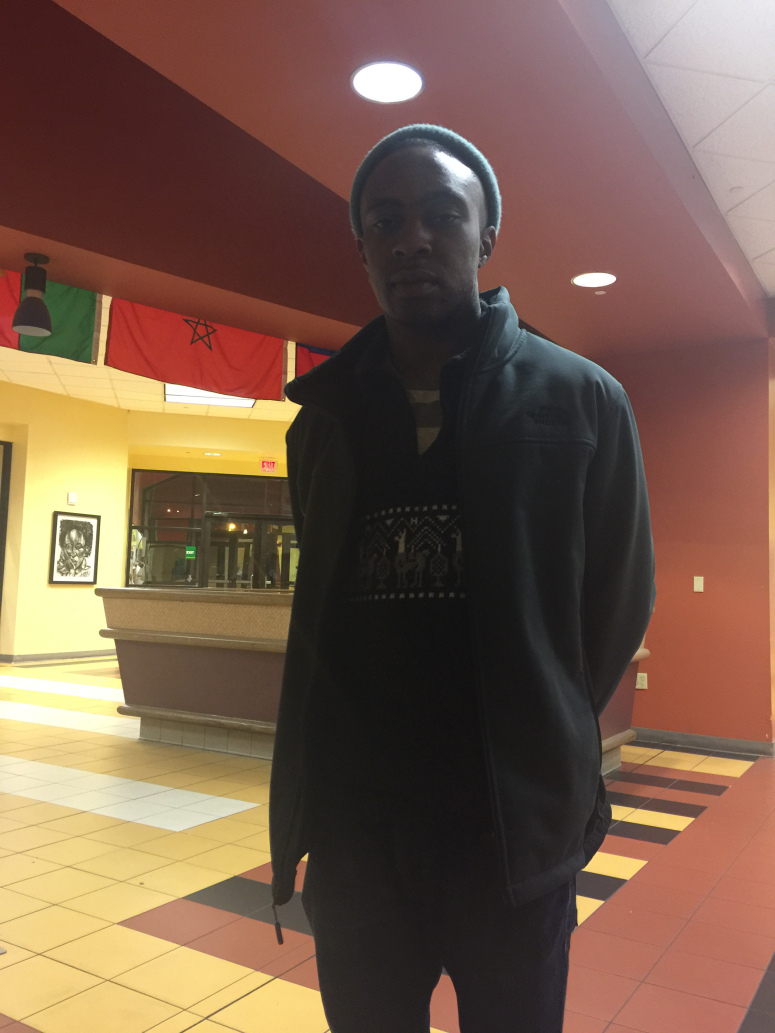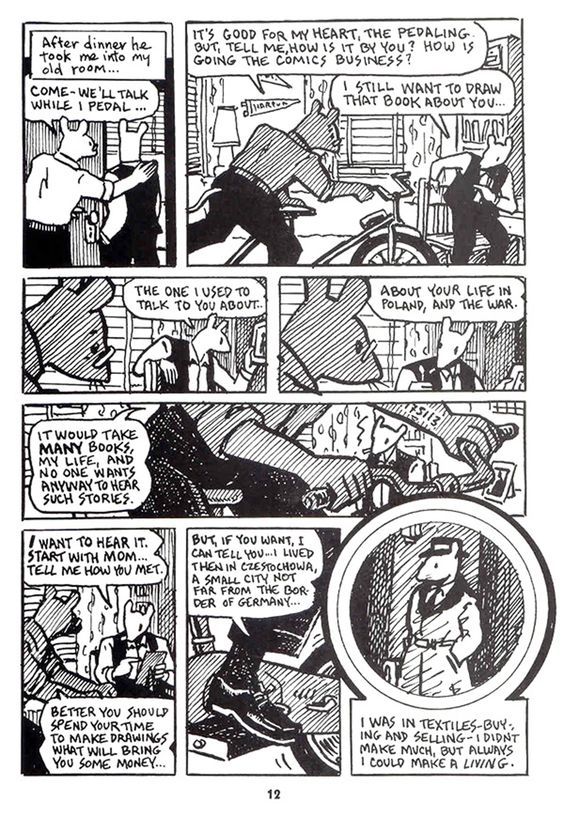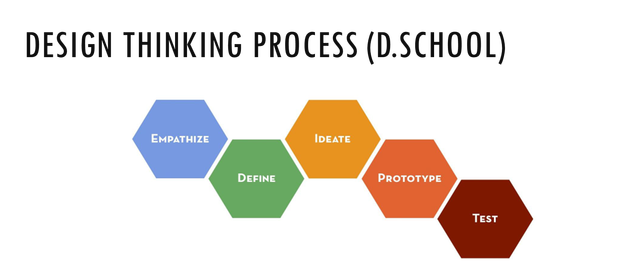By Vincenzo Ciccone
NEW ORLEANS, La – The urgency of preserving African American history, a history writer Perry Wolff once argued is in danger of becoming “lost, stolen or strayed,” was first officially recognized by President Gerald Ford in 1976 when he designated the month of February as a time to celebrate African American achievement. As a community, Xavier University has followed this tradition without fail since the inaugural celebration in February 1976, according to school records.
Some students, however, are not convinced that merely observing the achievements of African Americans one month each year, or woodenly reciting the contributions of icons of the civil rights movement like Frederick Douglass, Martin Luther King or Rosa Parks, does justice to the rich history of African Americans.
Erin Jackson, a senior majoring in computer science, says knowledge of the basic facts about legendary African American figures is a tepid effort at preserving a history so rich in contributions. “There is more to it than just Martin Luther King, Frederick Douglass and Rosa Parks. I feel Black History month is essential to black history. However, black history is every day. There shouldn’t be a distinguished month for it,” said Jackson.
Jackson uses her interest in civil rights activist Shaun King, who delivered a speech as part of the school’s celebration on Feb. 16, as an example supporting her point. She followed King’s work while she was still enrolled in high school, and when Mr. King appeared on campus to lecture in connection with Black History Month, this thrilled Jackson and added to the depth of her collegiate experience. “Yes, I actually admire Shaun King, and I knew of him prior to his speech on campus. I’ve known about him ever since high school, and I’ve been following his social media stories and articles ever since,” said Jackson.
Jackson was fully conversant with King’s biography, but she feels it is a special privilege to watch him speak in person as part of the school’s celebration.
Ahmed Arasah, a senior majoring in biology and psychology, expressed views quite similar to Ms. Jackson’s. “We were reading a book called The Other Wes Moore as part of our freshman class work, and he came to campus during the celebration to speak to the class about his life experience,” said Arasah. “This experience taught us that anybody can fall into the hands of the system. It could be a good person, but one little event can change the outcome.”
Arasah says this experience during Black History Month on campus has enriched his sense of Wes Moore, and it has similarly enriched his sense of the history of black struggle in the system.
npalmer057.wixsite.com
Related Video on Shaun King:
https://www.youtube.com/watch?v=udQWOfALwj4
Related Video on Wes Moore:
https://oprah.com/oprahshow/rhodes-scholar-wes-moore-looks-back-on-his-childhood-video

(Ahmed Arasah)
(Erin Jackson)
Advertisements Share this:




